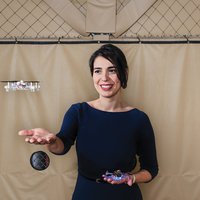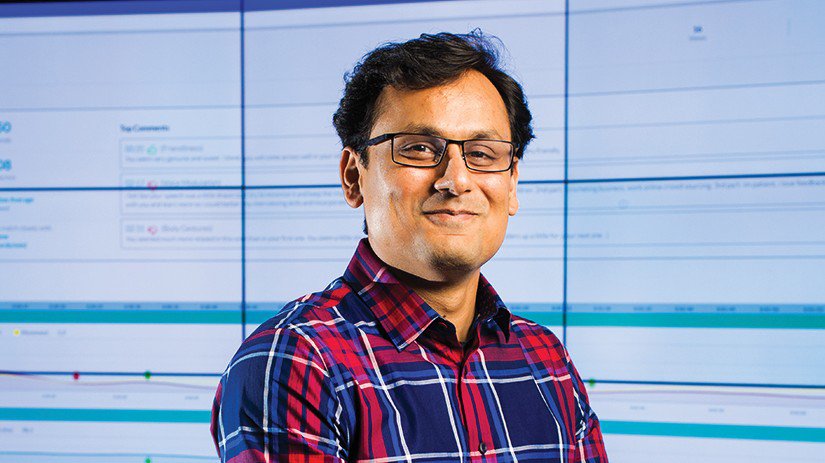Artificial intelligence & robotics
Ehsan Hoque
If you want to be the life of the party, practice by talking to a machine first.
Photo by Adam Fenster

Global
Nora Ayanian
To build better machines, a roboticist goes far outside her field for guidance.

Global
Maithilee Kunda
People on the autism spectrum are inspiring her novel approach to creating artificial intelligence.

Global
Sergey Levine
He teaches robots to watch and learn from their own successes.

Global
Jonathan Downey
The creator of control software for drones has foreseen the advantages of autonomous aircraft for years.
